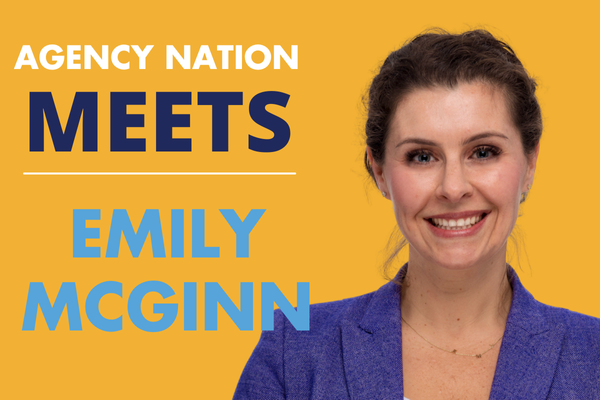Initial Meetings: Why Prospects Say ‘No’ and How to Get to ‘Yes’

By: Susan Toussaint
In his 25 years as head of Amazon, Jeff Bezos has constantly reminded his employees to obsess over customers. While the old adage “the customer is always right” prompts a reactionary mindset, obsessing over the customer encourages salespeople to be proactive by starting with how the customer thinks, what they value and work backward from there.
Bezos’ lesson in customer obsession was aimed at Amazon employees, but it’s just as relevant for agency leaders facing today’s business challenges. One obstacle many agents face is securing appointments with commercial prospects. The number of declinations you may get can be discouraging, but that doesn’t mean you should stop.
The health of your agency depends on a flowing sales pipeline. If the stream of right-fit prospects dries up, agents are driven to devote their time to low-probability opportunities. This hurts prospects as well, who miss out on opportunities to engage with qualified agents who are ready for new clients.
If you’re struggling to land meetings with prospects, dig into the problem by following these four steps:
1) Why prospects say ‘no.’ First, explore the reasons why prospects are unwilling to meet. First and foremost, commercial prospects are business owners. They’re overwhelmed, time-starved and unlikely to prioritize time with a salesperson.
Don’t overlook this when you craft your sales pitch. Before you can get them to accept a meeting, you have to change their mind about the value you bring.
2) It’s not you, it’s your message. Consider how you portray yourself to busy, commercial prospects. From my experience reviewing hundreds of emails from agencies, many fail to put the customer first. Instead, they keep the focus on themselves, such as their desire to set up an appointment or talk about the agency’s services.
Put yourself in the prospect’s hectic headspace. Do they have time to solve the puzzle of how a cold email relates to their current business challenges, especially while they have their hands full solving those very challenges? I promise you, these messages will be deleted—and fast.
Your commercial prospects are numb to a message about your agency’s product offerings. To put your customer at the center of this situation, focus your message around the key objectives at the front of their minds.
3) Tailor your message to each prospect. To keep your prospecting emails out of the trash folder, develop a message that aligns deeply with each individual customer. Consider their role and responsibilities in the company; company goals; and industry challenges and opportunities.
For example, take an outreach email to a chief financial officer. Many CFOs feel pressure to bring insights to their organization to improve decision-making. Develop a message that presents a solution.
4) Make prospecting a priority in 2020. As you look for new ways to grow your business and improve commercial sales in 2020, consider making prospecting a priority. Although it’s probably not an agent’s favorite task, prospecting determines whether an agency stagnates or succeeds and should be treated as a strategic imperative.
Plan prospecting activities every quarter and actively prospect on a daily basis. Devoting two to three hours a day to creating first appointments is a great start. It may sound like a big commitment, but these are money-making hours.
Tell your colleagues that 2020 will be the year of the “yes” to first appointments. Any interruptions to prospecting work—save for a client loss—can wait. Once you return the focus to the customer and tailor your messages in the right direction, you will clearly see and reap the benefits.
Susan Toussaint is co-founder and partner at Oceanus Partners, a ReSource Pro company. Oceanus Partners is a firm dedicated to helping insurance professionals working in all lines of business insurance improve sales and client retention.










